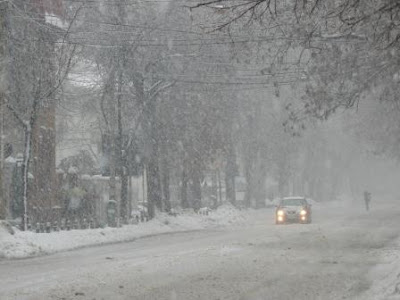Născocită în Mesopotamia, distilarea băuturilor a pătruns în actuala Marea Britanie pe la sfârşitul primului mileniu creştin. Este doar o supoziţie, nimeni nu poate şti exact.
Se cunoaşte doar că acest meşteşug a venit dinspre Irlanda – de unde a venit şi creştinismul, cumva a doua oară şi cu o vigoare mai mare decât când Britania era provincie romană.
Cum obiceiurile rele au mai mare vitalitate de propagare decât virtuţiile, prepararea acestor băuturi tari s-a extins în întreaga Scoţie, apoi (poate chiar concomintent!) în Anglia.
Nici când, nici cum s-a născut băutura spirtuasă atât de cunoscută – whisky (în engleza scoţiană), respectiv whiskey în engleza irlandeză şi americană – nu se ştie exact.
Totuşi, probabil că trecuseră sute de ani de când începuse să fie fermentată, distilată şi băută până la prima atestare documentară (Irlanda, 1405).
S-ar putea scrie tratate întregi despre cauzele pentru care s-a inventat whisky-ul şi motivele care au dus la râspândirea sa. Remarc câteva – două mai evidente, altul mai bizar.
În primul rând, lipsa vinului. Clima insulelor britanice nu prea favoriza creşterea viţei de vie, iar nici comerţul de masă cu o astfel de delicatesă timp îndelungat.
Secole întregi, vinul nu se afla decât în biserici şi pe mesele nobililor lorzi, dar nicidecum nu era atât de accesibil precum în societatea de consum de azi.
Un alt motiv al răspândirii meşteşugului a fost desfiinţarea monahismului în Anglia, în timpul Reformei lui Henric al VIII-lea.
Daţi afară din mănăstiri, călugării au răspândit în lume tehnologia de preparare a acestei licori obţinute din fementarea cerealelor, asupra căreia avuseseră monopolul.
Să ne mirăm că Reforma şi Protestantismul au prins atât de repede pe meleaguri britanice, dacă monahii aveau astfel de preocupări neduhovniceşti?!
În fine, cred că cel mai important motiv de răspândire a whisky-ului a fost inventarea alambicului (1826).
 De atunci, industria scoţiană a whisky-ului a continuat să crească, lăudându-se cu miliarde de £ (GDP) aduse la bugetul UK, ba chiar şi cu angajaţi mai productivi decât cei ai băncilor.
De atunci, industria scoţiană a whisky-ului a continuat să crească, lăudându-se cu miliarde de £ (GDP) aduse la bugetul UK, ba chiar şi cu angajaţi mai productivi decât cei ai băncilor.Greu de zis dacă de la whisky se trag cele 4% din cazurile de cancer cauzat de alcool în UK, dar alcoolul pare încă o afacere de succes în Scoţia, deşi contestată de unii.
Profitabilă, dar pe cale să devină o victimă a independenţei Scoţiei, căci avertismenul de la Londra este limpede – prin FCO nu s-ar mai promova pe gratis băutura!
Oare or mai rămâne la fel de productivi lucrătorii scoţieni care scot produse (sticle de 750-1,000 ml) cu o valoare medie de £ 20-160?
[Pentru toate episoadele din această serie şi toate postările de pe acest blog mergi la/For all the episodes of this series, and all the posts on this blog go to: Contents/Cuprins]




































